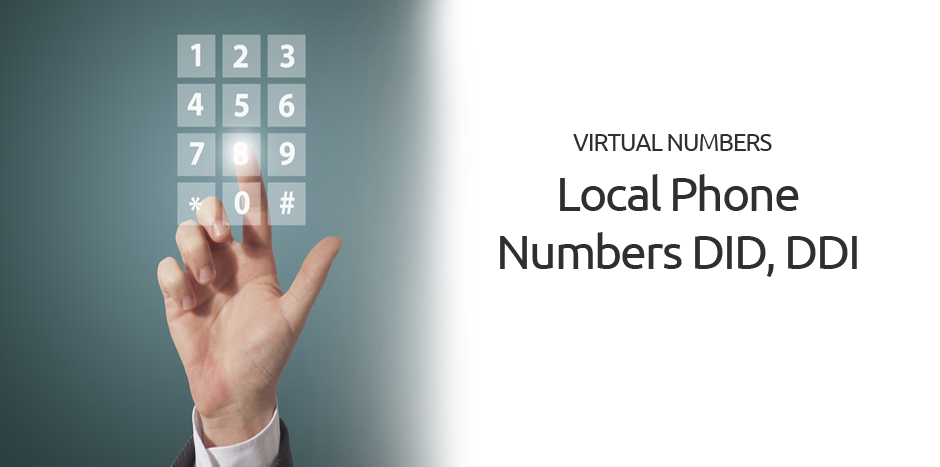Telinta, known for offering “White Label services,” is launching two new features: a new VoIP DID and a Wholesale Solution that will be toll-free. This will allow companies to sell in a much easier way Wholesale DIDs combines with Toll-Free numbers. All will be included, like switching, billing, customizing the portal, providing features and resources for resellers, etc. Telinta has a cloud-based platform called Telicore offering API to DID providers, that includes, among many others, VoIP Innovations, Voxbone and Magic Telecom. Their new all-in-one solution for VoIP service providers allows them to offer DIDs and Toll-free numbers to resellers and clients alike. It is able to manage different languages, currencies, credit card processors, and adapt it for each brand using the white label platform. They can adapt to their specific demands, if they need to charge per month, per channel or per minute. Alex Ferdman, CEO of Telinta said “Telinta…
No doubt, “blockchain” is the hottest buzz word being discussed across all industries, and telecommunications is no exception. The blockchain is being proposed for use in various applications in the telecommunications industry, such as securing CDRs, billing data and access logs, ensuring data authenticity or ensuring strict operational procedures. Blockchain will certainly optimize costs by eliminating third-parties such as clearing houses, automating audits and improving fraud detection. However, there is one area where the use of blockchain technology has the potential to not only benefit the operators, but will have a revolutionary impact on the way we all understand, use and protect our identities. The Phone Number as your Digital ID Our phone number is our most valuable digital identity, and will remain the only unique international method of identification well into the future. The PSTN, which is wholly based on the use of phone numbers, is the largest social…
Without a doubt, the new generation of VoIP Softphones has revolutionized the industry by allowing real-time, high-quality free calls to be carried out across devices. Furthermore, voice over Internet Protocol (VoIP) has become a vital tool for many businesses and companies. With that in mind, this is an in-depth comparison between some of the most notable VoIP softphones available today. 1. Call.Center Call.center is compatible with various operating systems, call.center is definitely one of the most multifaceted VoIP Softphones available right now. Using a single SIP line across various desktop and mobile devices, this app allows you to seamlessly take VoIP calls no matter where or when. In addition to having a variety of useful functionalities, this app aims at simplifying the configuration, management and secure deployment of your VoIP services. Due to its compatibility with various operating systems and devices, it may be somewhat difficult to install and configure.…
One of the main benefits of business VoIP is that it offers a much wider selection of features compared to the traditional phone network. Since VoIP technology has no physical limitation or hardware necessary to start a new feature like PSTN does, it can deliver the best low-cost enterprise features with a fraction of the hassle. But it’s no surprise that with so many features available, some really good ones can go unnoticed or are simply underused by most users. The best example of these features is Virtual Numbers, a unique and powerful tool that not all businesses understand how much it can benefit them in the long term. So what exactly is a Virtual Number? Also known as DID (Direct Inward Dialing), a Virtual number is a telephone number that is not directly associated to a telephone line and can be assigned to any device such as a hardware…
Call centers are at the front line of customer service and are expected to run at peak efficiency while maintaining a high call volume. There are many challenges in managing and operating a call center, one of them being securing inbound calling services that meet both current and future needs. Voice support serves as the backbone for the call center, and it is short-sighted for a brand to risk their reputation by exposing consumers to a substandard voice product. Management is constantly concerned with basic communication issues. Are callers getting a busy signal? Are calls being dropped? Is the voice quality satisfactory? At the same time, the concurrent call requirements have to be managed, to ensure sufficient capacity without wasting money on excess channels. Furthermore, in recent years, organizations have seen their customer base contact them not only through more media channels but also from diverse locations around the globe.…
The VoIP industry is booming, and this has created a significant demand for DID (Direct Inbound Dialing) services and choosing a DID provider has become harder. Very often, these services are essential to the basic premise of the business or enterprise; incoming calls should reach their required destination efficiently with the proper quality and expected reliability. In all likelihood, voice support serves as the backbone for your business, and it is short-sighted to risk your reputation by exposing employees and consumers to a substandard voice product. Selecting a provider that satisfies your requirements for coverage, quality, scalability, and pricing is a complex issue, and some of the essential criteria to consider during this decision process are: Global Coverage Ensure that your DID provider includes the geographic coverage of numbers that you require for your business, including toll-free, local, mobile, national and SMS-enabled numbers. In addition, the provider should be actively…
Most businesses today have several incoming telephone numbers, each one used for a different purpose or department such as customer service, sales, marketing etc. Some companies even have the ability to assign a personal phone number to each employee without requiring multiple physical phone lines, making it possible for telephone traffic to be split up and managed more easily. This powerful framework is only achievable using Direct Inward Dialling (DID). DID, also known in Europe as DDI (Direct Dial-in), is a service offered by telephone companies, that allows organizations, who operate a private branch exchange (PBX) system, to have multiple telephone numbers lines connected to one or more analog or digital physical circuits to their PBX. The system sends the dialed telephone number to the PBX so that an outside caller can have direct access to the PBX extension, possibly avoiding an auto-attendant. In a business with DID, the telephone…










